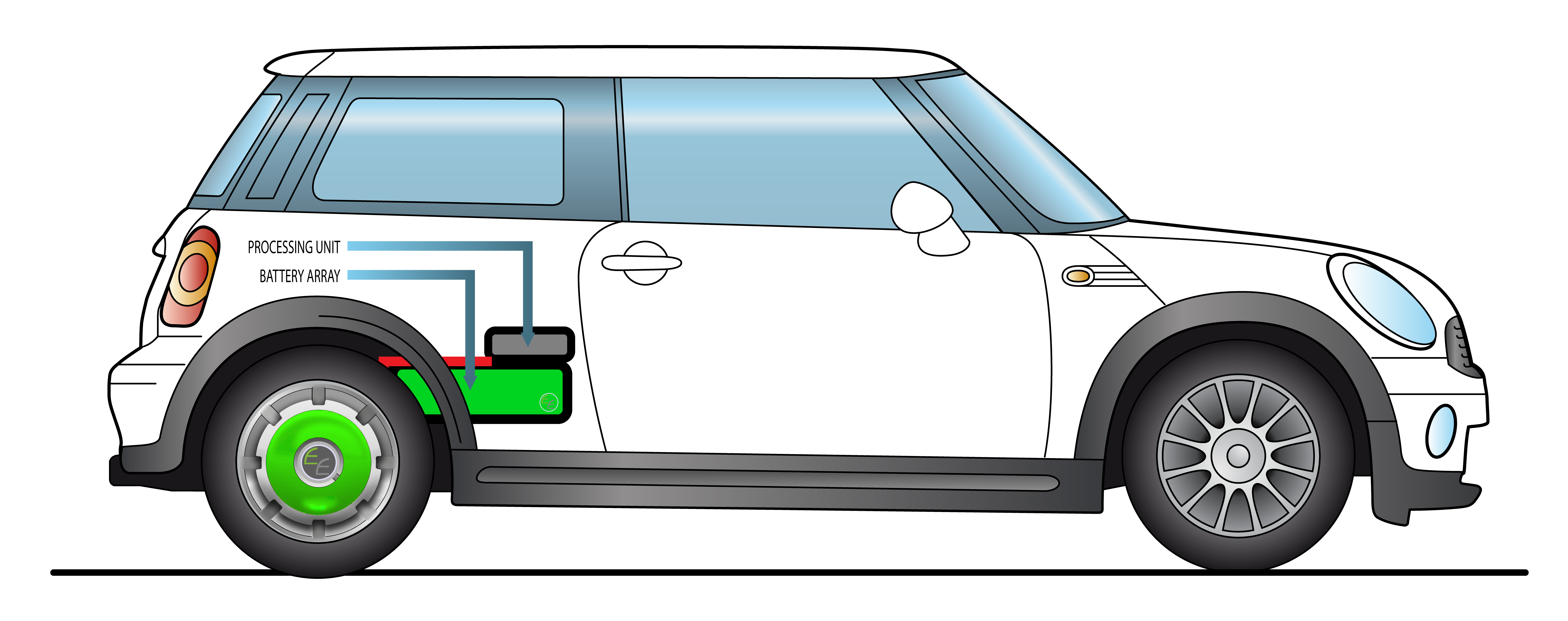Two years after a series of controversial emails between climate scientists were released by an anonymous source, a second set of more than 5,000 messages has surfaced. The emails, which some have claimed as evidence of a conspiracy among climate scientists to falsify and manipulate data, contain conversations between scientists from the climate research unit (CRU) at the University of East Anglia in the U.K., a centre focusing on the study of anthropogenic climate change.
The original set of emails, comprising 160MB of data, was uploaded to a Russian server in late 2009 and quickly proliferated across the Internet. Climate change skeptics picked up on some of the emails, which they claim as evidence of data manipulation. Other messages apparently detail attempts to circumvent Freedom of Information requests.
The newly released emails do not raise anything new that hasn’t been brought up already, said Edward Acton, vice chancellor of the University of East Anglia. “Different phrases, same issues,” he said. Phil Jones, the director of research at the CRU and the sender or recipient of many of the emails, said he has not been embarrassed by anything that has emerged so far.
In one email from Jones to several members of the CRU, he said, “I too don’t see why the schemes should be symmetrical. The temperature ones certainly will not as we’re choosing the periods to show warming.” Climate change skeptics claim this as evidence that Jones was massaging the data. Jones responded in a statement clarifying some of the emails, saying the exchange was about choosing the colours used to highlight warming periods on a graph.
Another email, also from Jones, said that the “basic problem is that all models are wrong.” However, that message was discussing outdated 1990s models, said Jones. It may also be a reference to the George Box quotation, “all models are wrong, but some are useful,” commonly cited within statistics.
Steve McIntyre, a prominent climate change skeptic, weighed in on the emails: “One of the main themes of the emails is scientists admitting problems privately that they did not clearly admit in public.”
Certain messages in the cache detail what appear to be attempts to evade Freedom of Information requests. In one message, Jones tells another scientist to delete all correspondence relating to the fifth report of the International Panel on Climate Change after they had finished writing it. Jones apparently feared the back-and-forth exchanges would be misconstrued by political opponents. “Why do they need to know who wrote each sentence in each paragraph?” he said.
Jones and the CRU were investigated in 2010 by an independent panel lead by Sir Muir Russell, a former British civil servant. The panel cleared the CRU of all wrongdoing in terms of research integrity. However, Russell criticized the group for “a consistent pattern of failing to display the proper degree of openness.” James Norton, a member of the panel, said, “Scientists don’t own their own data and at most have a temporary lease.” Jones stepped down as director of CRU during the investigations, but took on a non-administrative post as research director afterward.
The University of East Anglia issued a statement saying the recent release was “designed to cause maximum disruption to the imminent international climate talks” in Durban, South Africa. They also claim the emails have been misrepresented. “As in 2009, extracts from emails have been taken completely out of context,” they said.
illustration by silvana moran




